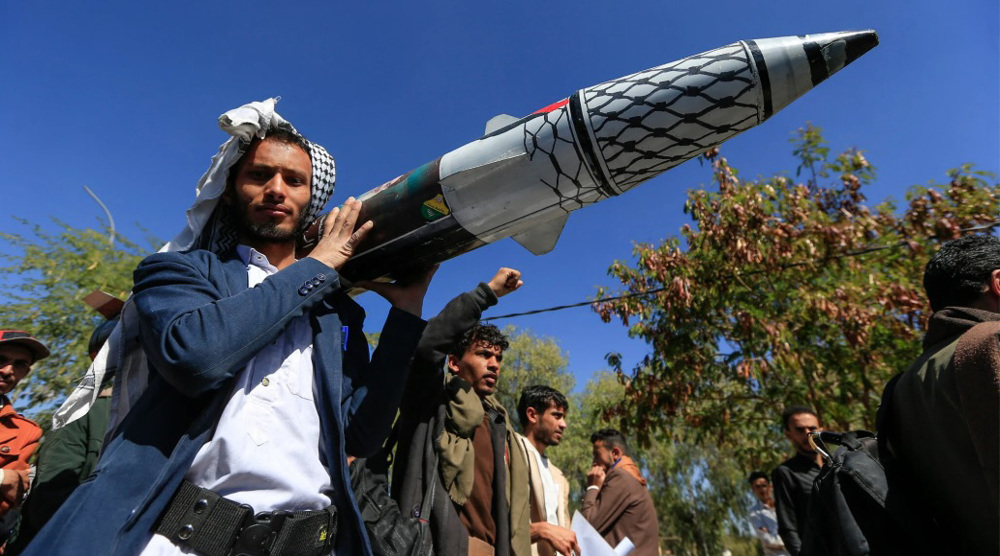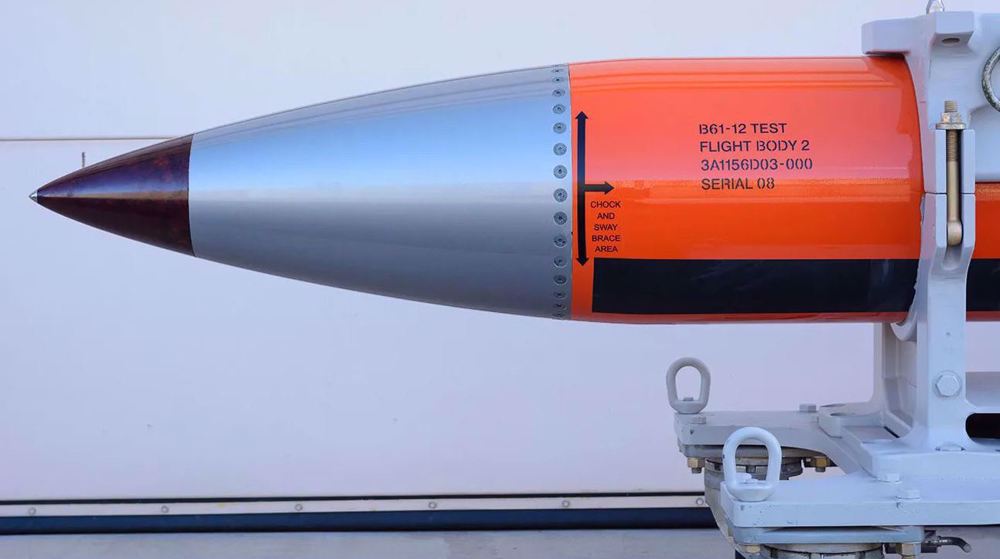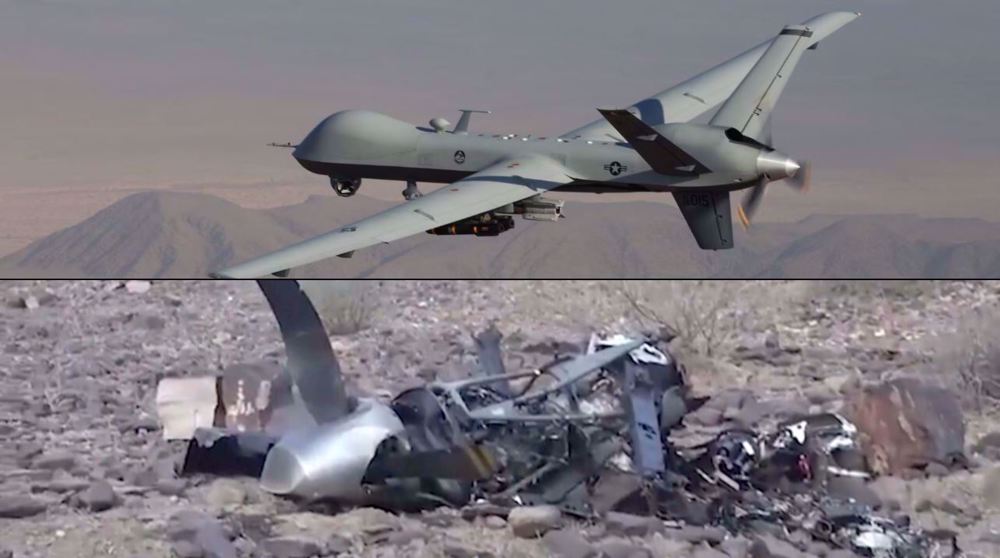Pentagon chief meets Israel PM, discusses Iran agreement
The US defense secretary has met with the Israeli premier to defend Washington's stance on the nuclear conclusion reached between Iran and the P5+1 group of countries in Vienna last week.
According to AFP, Ashton Carter and Benjamin Netanyahu greeted each other with a “long handshake” on Tuesday before holding a meeting, which continued for up to two hours.
The two men did not make any public comment about their meeting, which came on the final day of Carter's visit to Israel. The Pentagon chief left for Jordan from where he will go to Saudi Arabia.
After more than two weeks of marathon talks, Iran and the P5+1 group of countries - the United States, Britain, France, Russia, China, and Germany – announced the conclusion of nuclear negotiations in the Austrian capital, Vienna, on July 14.
Netanyahu has condemned the Iran nuclear agreement, saying Tel Aviv is not bound with US policies. He has also described it as "a historic mistake" and said he would do everything he could to block it in the US Congress.
On Monday, Carter met Moshe Yaalon, the Israeli minister for military affairs, and indicated the United States was ready to boost military ties with Israel.
On his way to Tel Aviv, Carter told reporters that the nuclear agreement does not prevent Washington from using military force against Iran if it deems it necessary.
"One of the reasons why this deal is a good one is that it does nothing to prevent the military option," Carter told reporters on board his flight to Israel on Sunday.
Carter made it clear that his visit aimed at deepening military ties between the United States and Israel.
The United States has reportedly increased its military aid package to Israel, which would include another squadron of F-35 fighter jets, in an attempt to comfort the regime in Tel Aviv over the historic conclusion of nuclear talks between Iran and the P5+1 countries.
Under the current agreement between Israel and the US, which went into effect in 2009, Tel Aviv receives about $3 billion a year, most of which is used to buy American military hardware, such as jets and components for missile system.
Israel, however, requested between $4.2 billion and $4.5 billion a year for the next 10 years, the New York Times reported on Thursday. The new agreement would last for a decade after going into effect in 2018.

Yemeni ballistic missile triggers sirens across Israeli-occupied territories

US nuclear weapons costs projected to soar to $946 billion

Yemen downs seven US Reapers worth $200 million in six weeks
Gaza food reserves fully drained by Israeli aid blockade, warns WFP
Israeli forces kill Palestinian teenager in occupied West Bank
US government deports two-year-old citizen 'with no meaningful process'
Spain granted 46 contracts to Israeli military firms since Gaza war began: Report
Yemeni ballistic missile triggers sirens across Israeli-occupied territories
VIDEO | Press TV's news headlines
VIDEO | Russia to begin gas supplies to Iran via Azerbaijan, boosting energy ties
VIDEO | Protesters in Damascus slam Arab silence on Gaza







 This makes it easy to access the Press TV website
This makes it easy to access the Press TV website